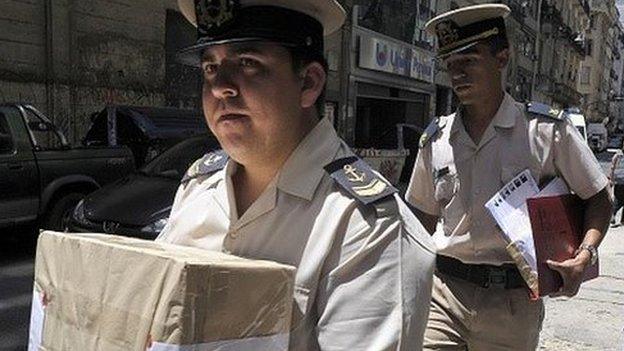Argentina judge seeks arrest of ex-leader Cristina Fernández
- Published
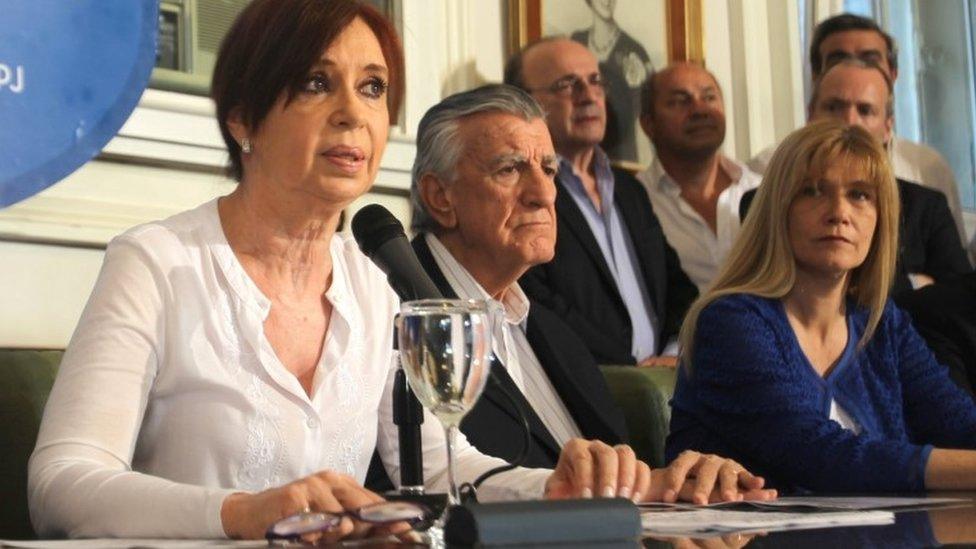
Cristina Fernández de Kirchner urged Argentines to stand up for the rule of law
A judge in Argentina says he is seeking the arrest of former President Cristina Fernández de Kirchner over accusations she took part in a political cover-up.
Ms Fernández, who governed for eight years from December 2007, was recently elected a senator and as such enjoys parliamentary immunity.
For her to be arrested, the Senate would have to lift that immunity with a two-thirds majority vote.
She called the move a "nonsense... [which] violates the rule of law".
Senators said they would consider the judge's request once they received it.
'Criminal plan'
Federal judge Claudio Bonadio, who is seeking the arrest, alleges Ms Fernández was took part in "an orchestrated criminal plan" to cover up the alleged involvement of senior Iranian officials in a 1994 bomb attack against a Jewish centre in Buenos Aires.
Judge Bonadio also ordered that Héctor Timerman, who was foreign minister under Ms Fernández, be placed under house arrest in connection with the same case.
Two more close allies of Ms Fernández were arrested on Thursday morning. They are Carlos Zannadi, a senior legal official in the Fernández administration, and political activist Luis D'Elía.
On Thursday, Ms Fernández called a news conference to once again deny the allegations against her and to denounce the judge's investigation.
"It is a case fabricated on facts that never existed. What is happening is a nonsense, a true excess," she said.
"It not only violates the rule of law, but seeks to inflict personal and political harm on opponents."
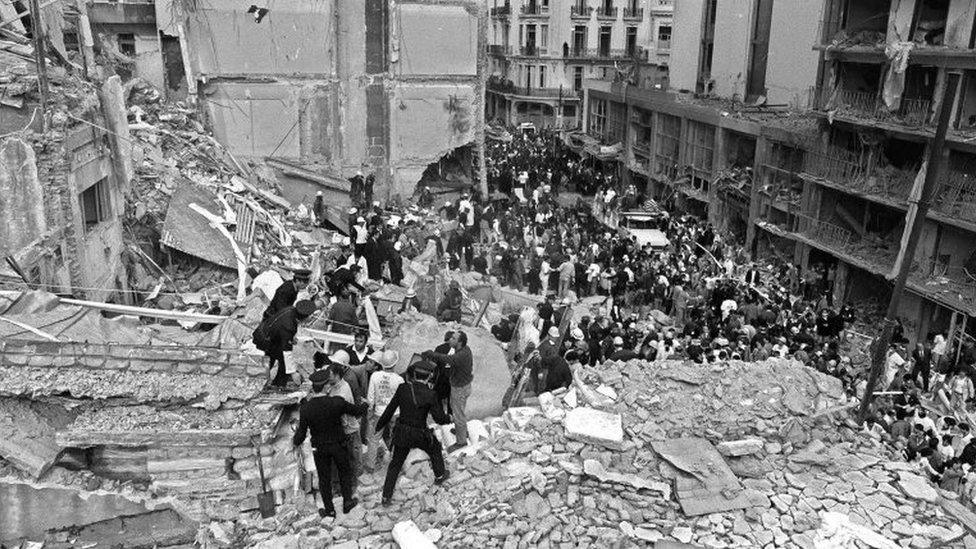
The Amia building after the bombing, which killed 85 people
She said Judge Bonadio acted on the orders of President Mauricio Macri to intimidate her and other left-wing opposition leaders.
"Mauricio Macri is the director of the orchestra," she said.
"He wants to divert attention from the fact that his economic measures have failed. This is a smoke curtain aimed at scaring the people and the unions," added Ms Fernandez.
Argentina's deadliest terror attack
Judge Bonadio presides over a commission which is investigating the 1994 bombing of the Israeli-Argentine Mutual Association (known as Amia for its initials in Spanish), a Jewish community centre in Buenos Aires.
Eighty-five people died in the bombing, which was Argentina's deadliest terror attack.
Judge Bonadio re-opened the case against Ms Fernández after it had been dismissed by another federal judge in February 2015.
The allegations of a cover-up in the highest echelons of government were originally made by special prosecutor Alberto Nisman, whose sudden death in January 2015 is still being investigated.

What did Mr Nisman uncover?

In 2006, Mr Nisman formally charged Iranian officials with directing the 1994 Amia attack
He alleged the attack was carried out by Hezbollah militants
In his 2015 report, he accused Ms Fernández and Mr Timerman of subsequently covering up Iran's purported role in the bombing
He alleged that her government wanted to whitewash Iran in order to secure lucrative trade deals - exchanging Argentine grain for Iranian oil
Ms Fernández dismissed the allegations as "absurd"

Mr Nisman was found dead in his apartment on 18 January 2015 with a bullet wound to the head and a pistol lying by his side.
He had been only hours away from testifying in Congress against Ms Fernandez and Mr Timerman.
No one has been convicted of the Amia bombing.
- Published21 June 2017
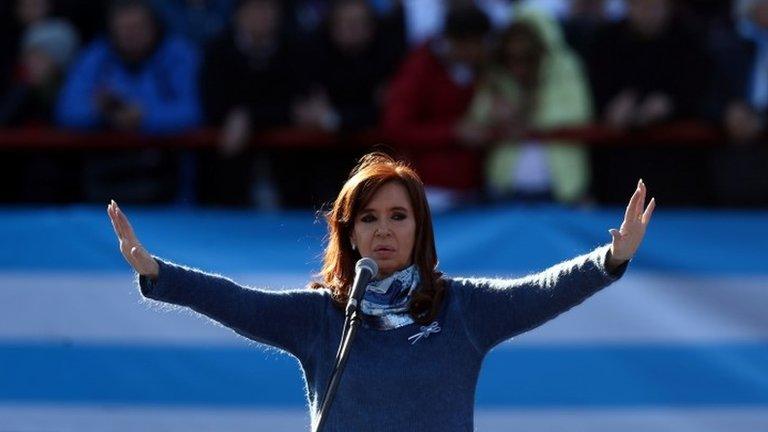
- Published31 October 2016
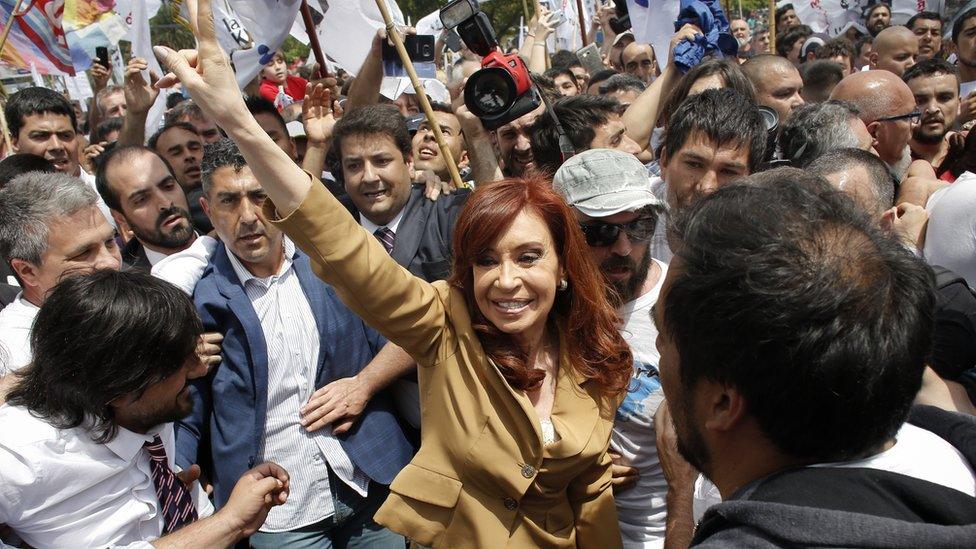
- Published26 March 2015
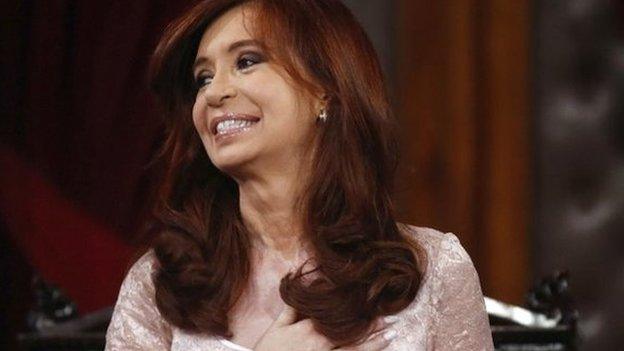
- Published5 March 2015
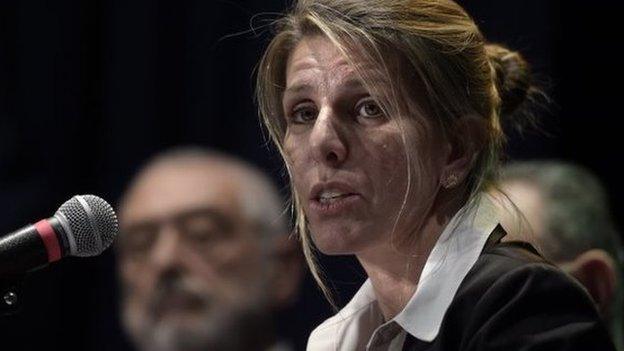
- Published27 February 2015
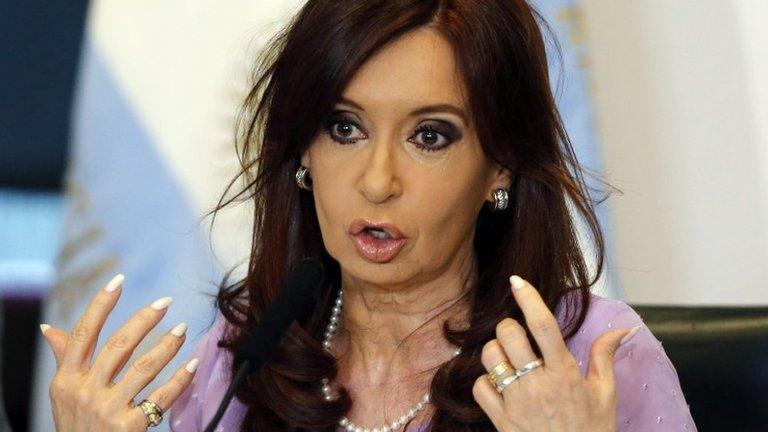
- Published13 February 2015
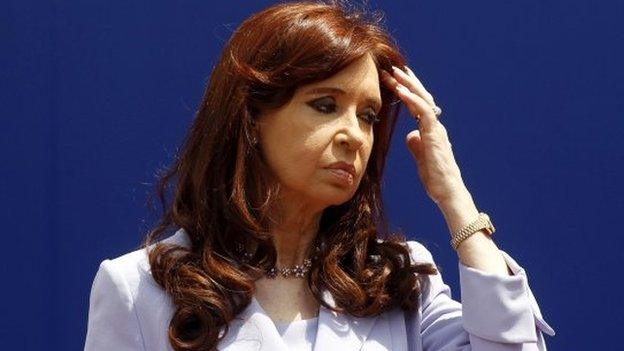
- Published22 January 2015
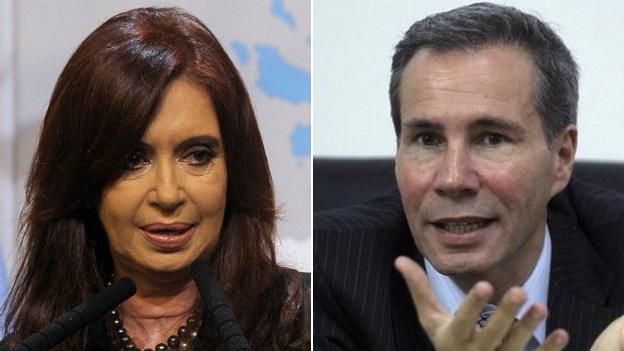
- Published4 February 2015
